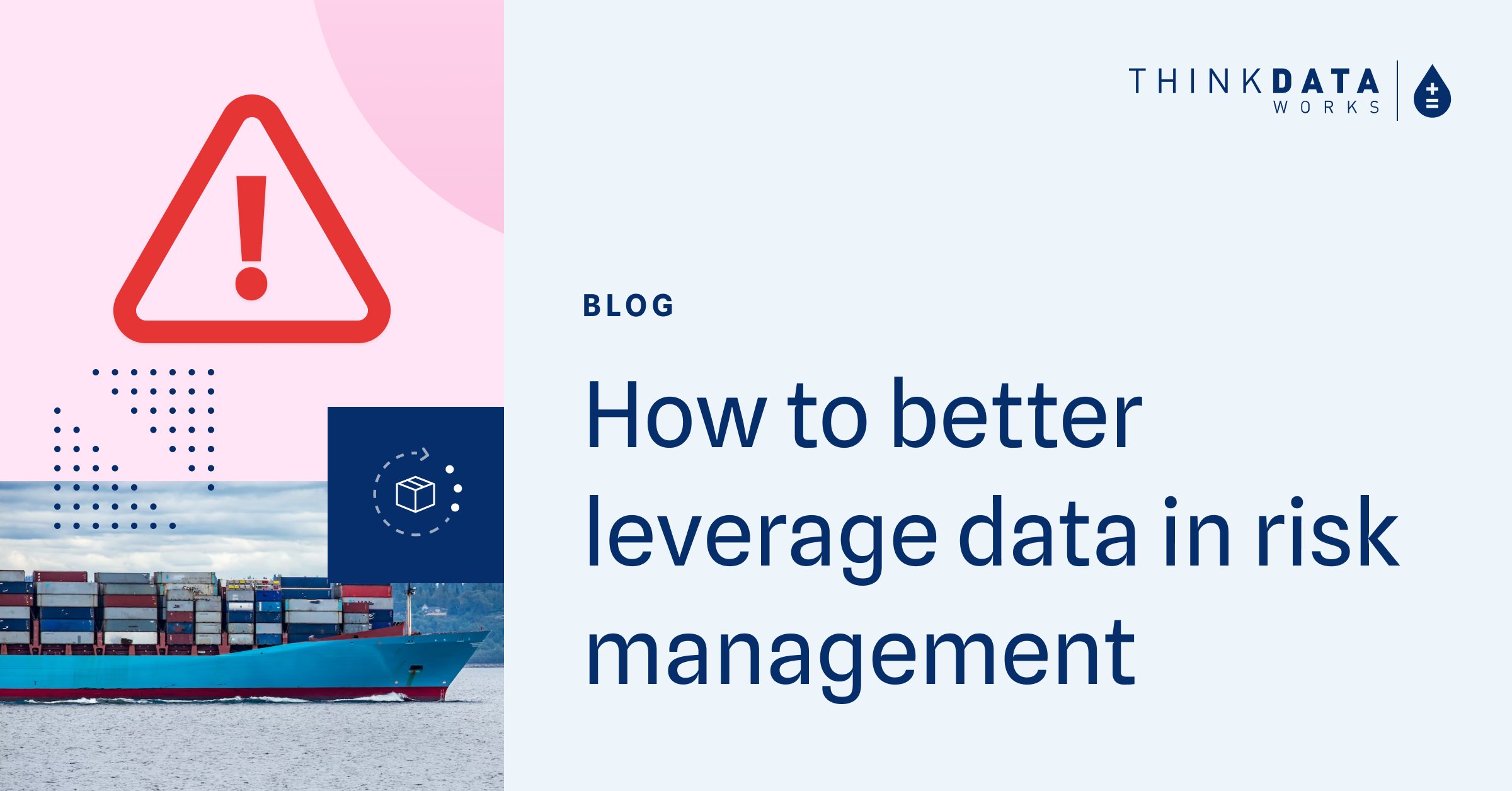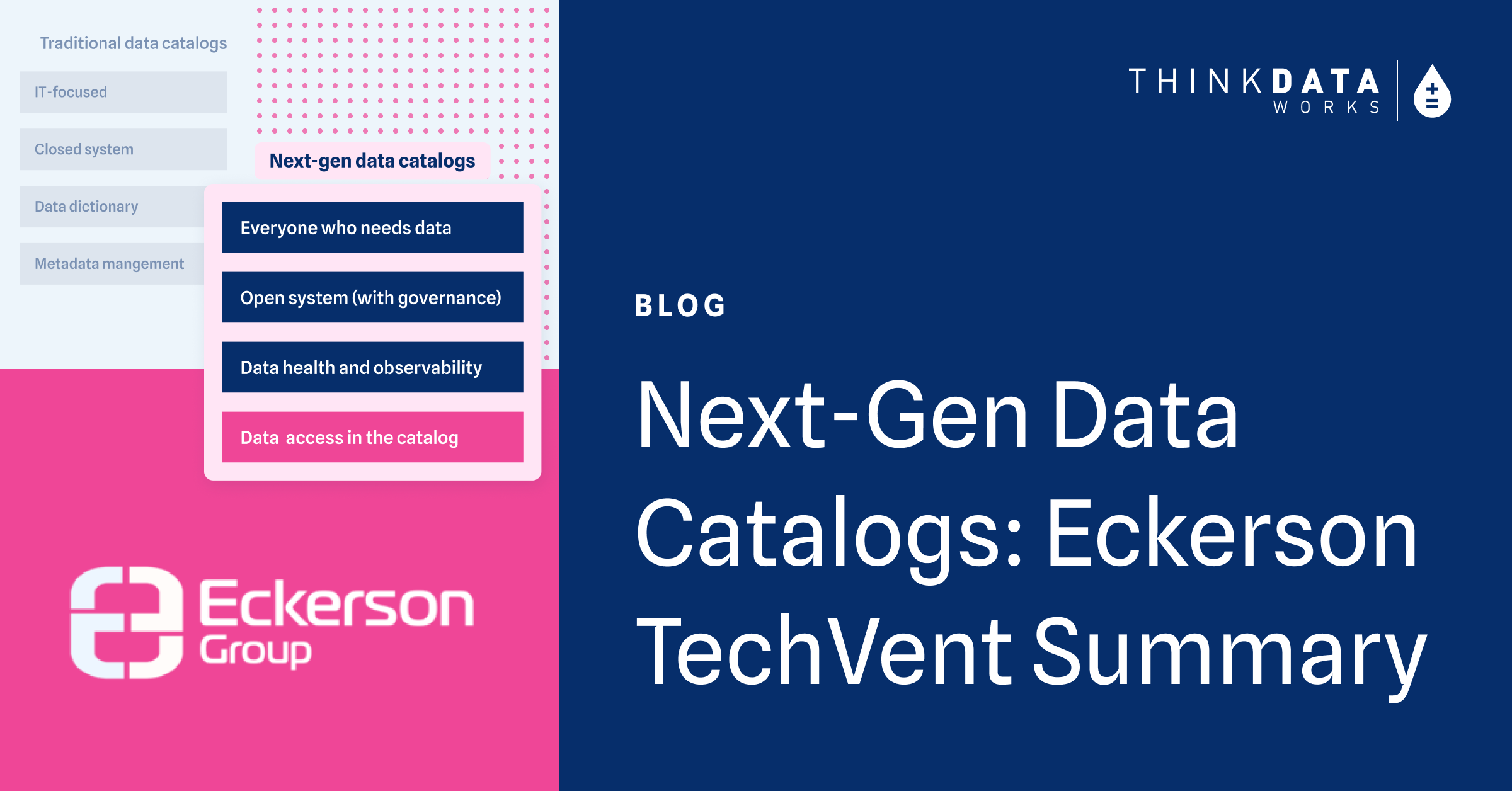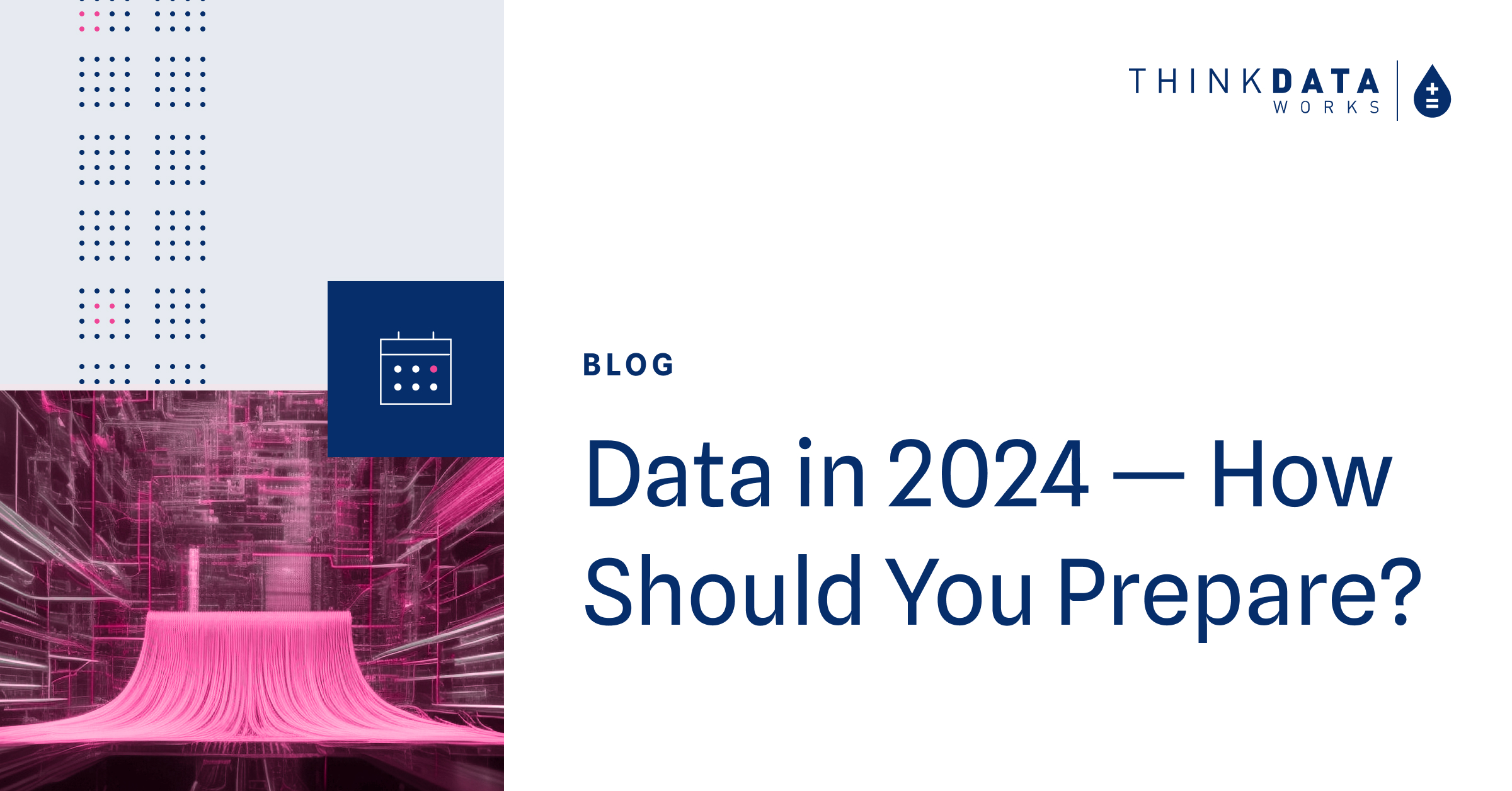4 min read
4 min read
Open Banking: What It Is, What It Isn't, & Why It Matters
![]() Alejandro García Magos
December 13, 2018 1:39:00 PM EST
Alejandro García Magos
December 13, 2018 1:39:00 PM EST
Amid concerns about personal data privacy and digital ethics, the development of something called "open banking" might seem like a step in the wrong direction.
BUT... the truth of the matter is that open banking, and open frameworks in general, will not only pull legacy organizations into the 21st century, but are the key to unlocking improved customer service, driving innovation, and laying the groundwork for new disruptive business models.
As the excitement around open banking grows, organizations and individuals will need to act fast to position themselves on the right side of the new competitive landscape.

At a high level, open banking is a directive for banks to give their customers the option to share their financial information with third-party organizations in exchange for improved service and custom solutions. Although primarily centred in Europe, the directive is in various stages of development everywhere.
If this sounds radical, it is.
Next to health, financial data generally demands the highest level of security; a security that is guaranteed by heavy regulations. On the face of it, this is a good thing. No one wants their banking information freely available.
But while the idea of open banking might seem contrary to conventional wisdom, it is a mistake to think of open banking as open season on your credit history. If done properly, open banking has the capacity to deliver increased security through enhanced 'Know Your Client' capabilities and fraud detection.
Which might help explain why the banks are increasingly on board.
In order to understand why, it helps to think of open banking in the broader context of the trend towards consumer data right (CDR) and open innovation. In essence, CDR initiatives are designed to give customers greater control over their data, empowering them to share it with the recipients they choose and for the purposes they authorize.
Open innovation, on the other hand, captures the élan of the information age: the departure from silo mentality and secrecy between organizations.
Although the idea of open banking might seem like something overheard at a drum circle, the reality is that it represents a seismic change in how we think about data ownership.
Credit Where Credit is Due
It's still too early to tell what this change in thinking will mean for the average customer in terms of their banking experience, but at this early stage we are already seeing third-party developers tapping into open data sources to create applications and services that enhance the banking experience.
Of these, there are two types of services being developed:
- Account Information Services
- Payment Initiation Services
Account Information Services
According to the UK Financial Conduct Authority, Account Information Services is "an online service which provides consolidated information on payment accounts held by a payment service user with payment service providers."
What this means in real terms is that a customer could opt in to allow third party access to their banking information. At a high level, this means that you could use one application to view all your banking information, regardless of how many financial institutions you use.
But this also provides an opportunity for AI tooling and machine learning to offer you better rates and services based on your spending.
Getting gouged by your cell-phone provider?
An account information service can let you know exactly how much you'd save by getting the same plan from a competitor.
Spending $200 a month on coffee?
It can shoot you a notification that shows you what that money would look like after five years if you put it into an RRSP.
Ultimately, account information services can inject high power AI into your spending. Providers like Mint.com, Personal Capital, and YNAB have in the past few years become handy (and disruptive) applications for managing your personal finances.
Payment Initiation Services
On the other hand, Payment Initiation Services are still very much a work in progress.
The Financial Conduct Authority defines them collectively as “an online service which accesses a user’s payment account to initiate the transfer of funds on their behalf with the user’s consent and authentication.”
The promised benefits for banking customers are lower fees by redirecting transactions to avoid the e-banking systems. In plain English, Payment Initiation providers are an e-commerce alternative to debit and credit cards. Lithuanian-based Paysera saves money for their subscribers by charging significantly lower fees for online financial transactions.

Banking on Change

The truth is that technological innovation is outpacing lawmakers, and we have not yet, as a society, established clear rules for personal data protection (Although the establishment of the GDPR augurs well). Banks will have to sort out the security angle - or provide the data through a service that has - in order to tap into the benefits.
And they'd better do it quick.
Open banking is happening now, and those that are doing it best, with ironclad security and a network of robust APIs, will corner the market.
When it comes to financial data, the risk simply feels higher.
It's our money, after all.
But the fact of the matter is that no financial institution in their right mind would institute a practice that opened a window to fraud, no matter how attractive the benefits were on paper. Done right, open banking will actually provide an opportunity for banks to mitigate fraud, understand their clients better, and unlock an unprecedented level of competition and innovation. For their customers, it will inject AI into their daily lives.
With benefits like this on the table, getting that data from the bank to the innovator needs to be as streamlined as possible.
Want to learn more about aligning your business and data strategy?
Request a consultation with one of our data experts or browse the largest catalog of solution ready data to determine how ThinkData’s tech can advance your projects.

4 min read
How to better leverage data for risk management and crisis response

3 min read


